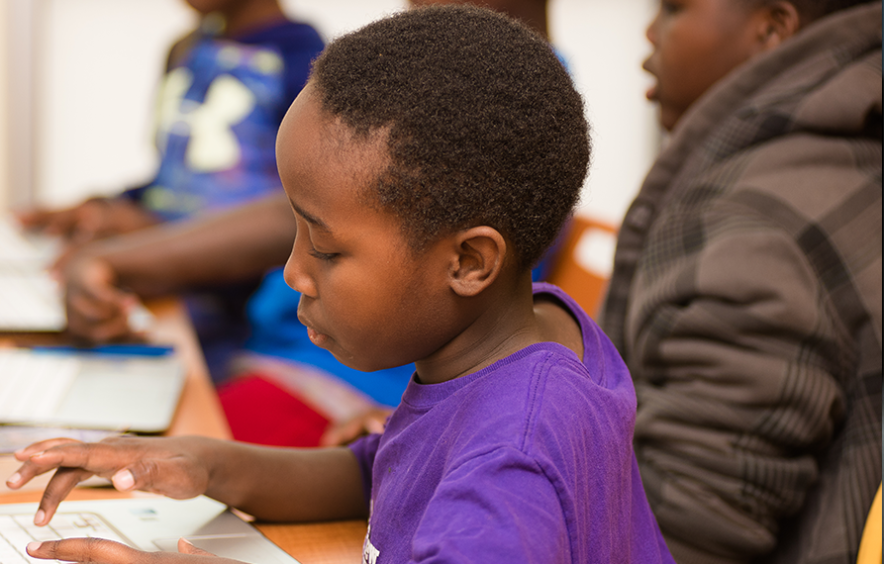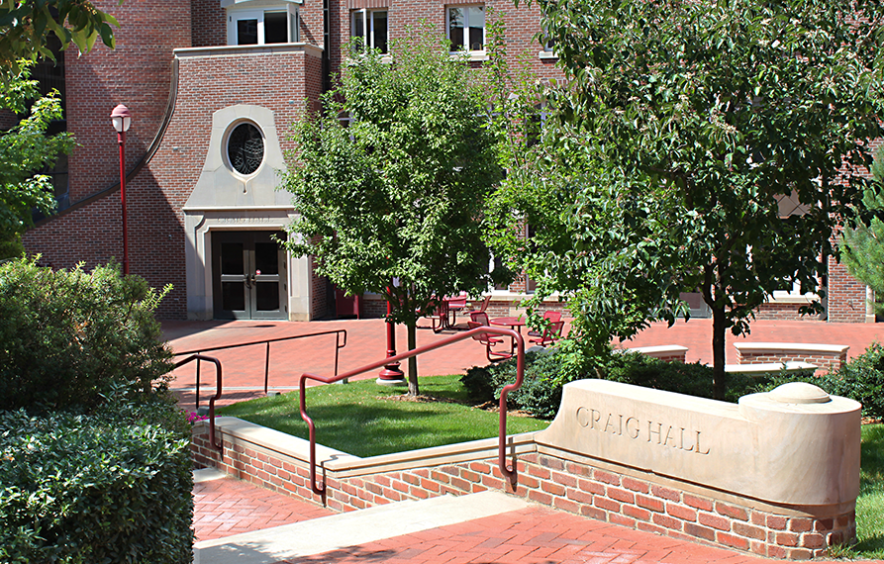Are you passionate about prevention, curious about child and youth development, and interested in developing new ways to promote positive outcomes for young people? A master’s degree in social work with a specialization in Children & Youth will prepare you to work across developmental stages from birth to early adulthood in settings that include mental health clinics, family services, community and government agencies, schools, youth programs, treatment centers and the juvenile legal system.
Using a strengths-based resilience framework, you’ll learn to apply theories and methods for youth development, assessment, prevention, early intervention and clinical treatment with children and adolescents. Coursework emphasizes equitable and culturally responsive practices that focus on individuals and communities in their environment.
The Children & Youth Pathway includes focus areas such as:
- Clinical Treatment Focus: Prepare for a career as a school social worker, mental health clinician or intake/assessment specialist, for example.
- Program Development Focus: Prepare for a career as a before- and after-school program director, college promotion program manager or wilderness program leader, for example.
Featured Faculty
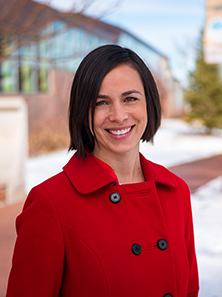
Kimberly Ann Bender
Professor; Philip D. and Eleanor G. Winn Professor for Children and Youth at Risk
Learn More
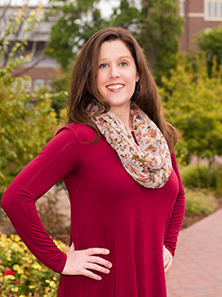
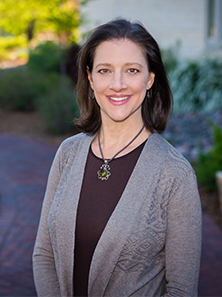
Application Information
Final Application Deadline: Winter 2026 Denver Campus MSW Program

